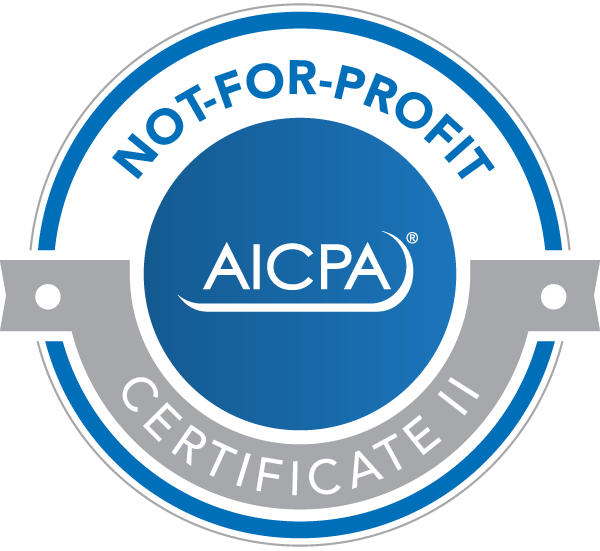More than a million Americans live in nursing homes, according to various reports. If you have a parent entering one, you’re probably not thinking about taxes. But there may be tax consequences. Let’s take a look at five possible tax breaks.

1. Long-term medical care
The costs of qualified long-term care, including nursing home care, are deductible as medical expenses to the extent they, along with other medical expenses, exceed 7.5% of adjusted gross income (AGI).
Qualified long-term care services are necessary diagnostic, preventive, therapeutic, curing, treating, mitigating and rehabilitative services, and maintenance or personal-care services required by a chronically ill individual that are provided under care administered by a licensed healthcare practitioner.
To qualify as chronically ill, a physician or other licensed healthcare practitioner must certify an individual as unable to perform at least two activities of daily living (eating, toileting, transferring, bathing, dressing, and continence) for at least 90 days due to a loss of functional capacity or severe cognitive impairment.
2. Nursing home payments
Amounts paid to a nursing home are deductible as medical expenses if a person is staying at the facility principally for medical, rather than custodial care. If a person isn’t in the nursing home principally to receive medical care, only the portion of the fee that’s allocable to actual medical care qualifies as a deductible expense. But if the individual is chronically ill, all qualified long-term care services, including maintenance or personal care services, are deductible.
If your parent qualifies as your dependent, you can include any medical expenses you incur for your parent along with your own when determining your medical deduction.
3. Long-term care insurance
Premiums paid for a qualified long-term care insurance contract are deductible as medical expenses (subject to limitations explained below) to the extent they, along with other medical expenses, exceed the percentage-of-AGI threshold. A qualified long-term care insurance contract covers only qualified long-term care services, doesn’t pay costs covered by Medicare, is guaranteed renewable and doesn’t have a cash surrender value.
Qualified long-term care premiums are includible as medical expenses up to certain amounts. For individuals over 60 but not over 70 years old, the 2023 limit on deductible long-term care insurance premiums is $4,770, and for those over 70, the 2023 limit is $5,960.
4. The sale of your parent’s home
If your parent sells his or her home, up to $250,000 of the gain from the sale may be tax-free. In order to qualify for the $250,000 exclusion ($500,000 if married), the seller must generally have owned and used the home for at least two years out of the five years before the sale. However, there’s an exception to the two-out-of-five-year use test if the seller becomes physically or mentally unable to care for him or herself during the five-year period.
5. Head-of-household filing status
If you aren’t married and you meet certain dependency tests for your parent, you may qualify for head-of-household filing status, which has a higher standard deduction and lower tax rates than single filing status. You may be eligible to file as head of household even if the parent for whom you claim an exemption doesn’t live with you.
These are only some of the tax issues you may have to contend with if your parent moves into a nursing home. Contact us if you need more information or assistance.
- Evaluate whether a Health Savings Account is beneficial to you - September 19, 2023
- Investment swings: What’s the tax impact? - September 12, 2023
- Plan now for year-end gifts with the gift tax annual exclusion - September 5, 2023
- Selling your home for a big profit? Here are the tax rules - August 29, 2023
- The tax consequences of employer-provided life insurance - August 22, 2023









